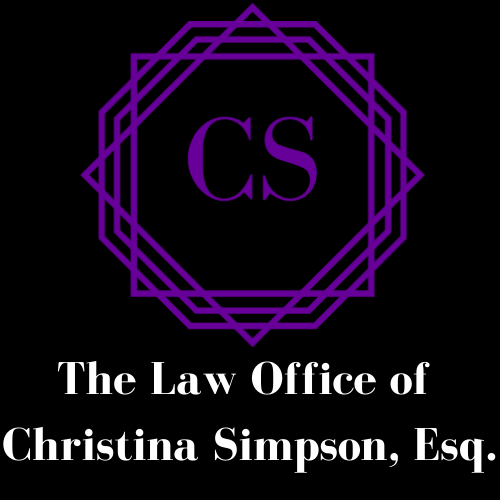Kavanaugh’s Nomination & The Future of IP
Aug 14, 2018 (updated Aug 15) | Written by Isaro Carter | 5 min read
In recent weeks, President Trump nominated Brett Kavanaugh to replace Justice Anthony Kennedy on the Supreme Court. Since then, much of the public’s attention has been on how Kavanaugh’s potential confirmation will impact our nation’s hot button issues—abortion and immigration law—and rightfully so. Kavanaugh may stand to impact federal law for decades to come. But, what might his confirmation mean for the future of intellectual property law?
When it comes to intellectual property, Kavanaugh doesn’t have much experience. His judicial record hardly reflects any patent cases, a few copyright cases and no trademark cases. In the cases he has ruled on, it is important to note that he was left with little choice but to consider these issues broadly. This is largely due to the fact that Kavanaugh is a D.C. Circuit judge where most cases are brought by government agencies, as opposed to private litigants. What we’re left with are his decisions in other areas of the law that concern federal agencies and use them as a litmus on how he may rule on cases concerning the U.S. Patent and Trademark Office or Copyright Office.
It is no secret that Judge Kavanaugh has a history of ruling against federal agencies like the EPA. He has been vocal about his concerns about the broad authority government agencies have to issue regulations on legislation. In 2012, 2014, and 2017 Judge Kavanaugh published decisions where he ruled against the EPA because he believed they had overexerted their authority in prohibiting different companies from engaging in practices that resulted in large emissions of greenhouse gases. It is most clear in the 2012 case, White Stallion v. EPA, 748 F.3d 1222 (2014), where he dissented on a decision of rehearing a case on the EPA’s interpretation of the Clean Air Act. He doesn’t deny the importance of allowing government agencies to impose regulations, he tends to construe their authority very narrowly and specifically.
It should come as no surprise that Kavanaugh has also been hostile to the Chevron Doctrine, which has long instructed courts to defer to federal agencies’ interpretations of ambiguous legislation (a position he shares with potential fellow Justice Gorsuch). This should make one wonder, how would Judge Kavanaugh decide in cases concerning federal agencies such as the USPTO? Will he defer to them and their interpretations of Patent and Trademark law? Will he treat the USPTO similarly to the EPA? It would hardly be reaching to think that Kavanaugh would take a more conservative approach to these issues, especially those upcoming on the Supreme Court’s docket.
If the Senate confirms Judge Kavanaugh to the Supreme Court, he will sit for the two intellectual property cases already on the 2018-2019 docket. The first is Fourth Estate Public Benefit Corp. V. Wall-Street.com, 138 S.Ct. 720 (2018), the litigants want the Court to clarify a requirement that owners must register their claims of ownership with the US Copyright Office before suing in federal court. There is already legislation outlining the matter but, the government agencies established to interpret all of the legislation has caused many disputes. The second case is Helsinn Healthcare S.A. v. Teva Pharmaceuticals USA Inc., Docket No. 17-1229, the litigants have raised a question of whether confidential sales of an unpatented invention can make it unpatentable in the future. At the crux of this issue is the Patent Act, which expressly prohibits inventions previously available for sale for more than a year before filing from being patentable. Despite Judge Kavanaugh’s skepticism of government agencies’ authority to regulate laws, the authority of the USPTO is backed by the authority of government ability to issue patents, which is backed by the Constitution itself. Additionally, like his many potential peers on the bench, Judge Kavanaugh does not have a wealth of experience concerning intellectual property. He has plenty of experience with administrative law and he does believe in the rights of rightsholders when it comes to intellectual property law. But, is this enough to insulate the USPTO’s decisions and interpretations of the law from skeptical justices like Kavanaugh would potentially be? What will become of intellectual property law if Kavanaugh is able to influence the court?
His track record may give us some clues but, ultimately, only time will tell.
Meet Isaro Carter-
Isaro is a Two-Year Accelerated law student, entering her final year of study at Brooklyn Law. Her interests span many topics at the intersection of entertainment and the law but, her first passion was music law. In addition to her usual course of study, Isaro will be interning with Gray Krauss this coming fall.
